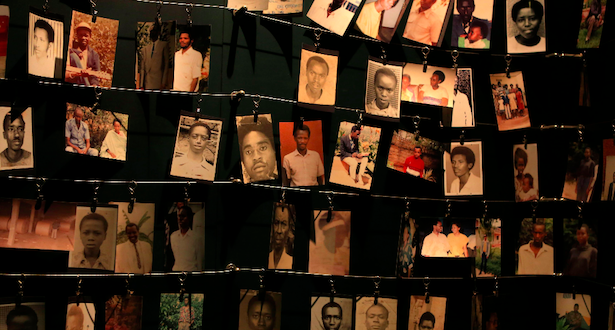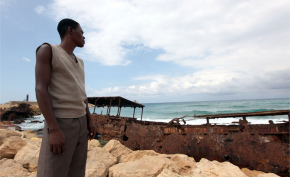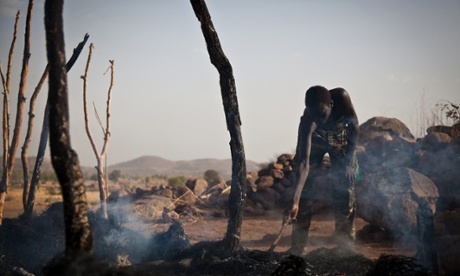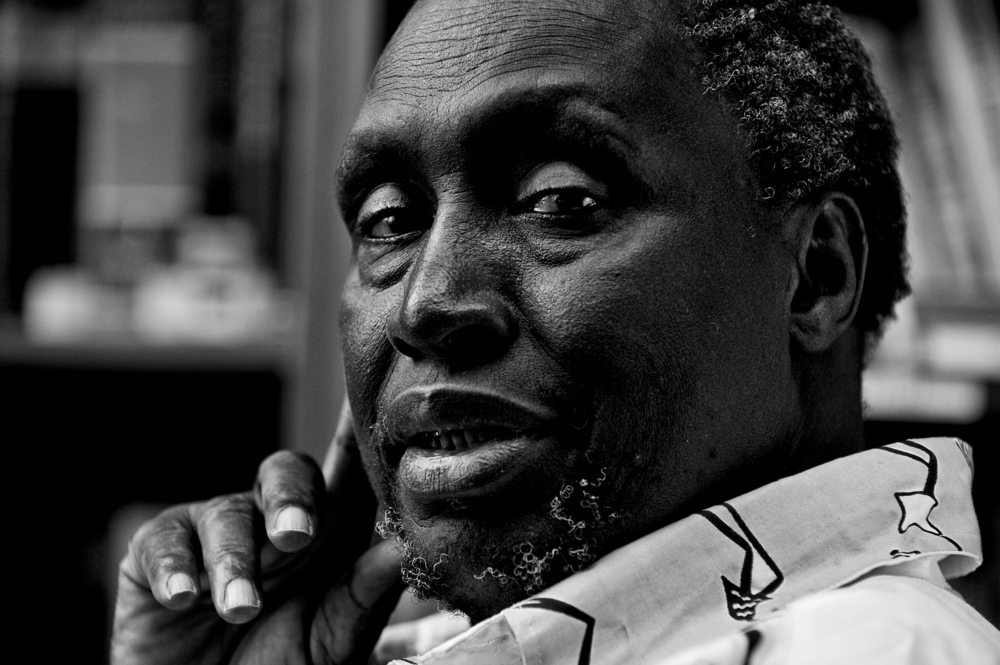 The twentieth anniversary of the Rwanda genocide is upon us, a moment which has prompted several reflections upon that horrific event. A prominent theme among these retrospectives has been that of forgiveness: of how the victims of this slaughter are laying aside their grievances with the perpetrators so that, together, they can forge a better future for their country. Their efforts at reconciliation, captured powerfully by the photographer Pieter Hugo for the New York Times, have framed much if not all of the discussion about the frenzied murder of almost a million people. However, perhaps they should not.
The twentieth anniversary of the Rwanda genocide is upon us, a moment which has prompted several reflections upon that horrific event. A prominent theme among these retrospectives has been that of forgiveness: of how the victims of this slaughter are laying aside their grievances with the perpetrators so that, together, they can forge a better future for their country. Their efforts at reconciliation, captured powerfully by the photographer Pieter Hugo for the New York Times, have framed much if not all of the discussion about the frenzied murder of almost a million people. However, perhaps they should not.
Q&A: Rwanda’s controversial history Al Jazeera sits down with retired General Faustin Nyamwasa who reflected on Rwanda 20 years after the genocide. Full interview on AlJazeera English
There is a great beauty in allowing this sentiment – that “forgiveness equals mercy” – to become the dominant narrative of the Rwanda genocide. Yet there is also a great danger. It seems that two main human instincts, when faced with unremitting bloodbaths such as Rwanda – and, most recently, Syria and the Central African Republic – are to grasp any positives from the situation, or to turn away. The first tendency, to seek a happy ending, can sometimes strike a discordant note; it gives the impression that injustices are approaching resolution, even though many of the conditions which enabled them are still firmly in place. Moreover, it may also place pressure to forgive on those survivors still shattered by trauma…
Continue reading on Newstatesman.com
Image Credits: Photographs of people who were killed during the 1994 genocide are seen inside the Kigali Genocide Memorial Museum as the country prepares to commemorate the 20th anniversary of the genocide in the Rwandan capital Kigali April 5, 2014. An estimated 800,000 people were killed in 100 days during the genocide. (Noor Khamis/Reuters) Full slideshow on The Baltimore Sun




